“Serbia and Albania have a lot of common interest”
Tuesday, 28.11.2017.
12:24
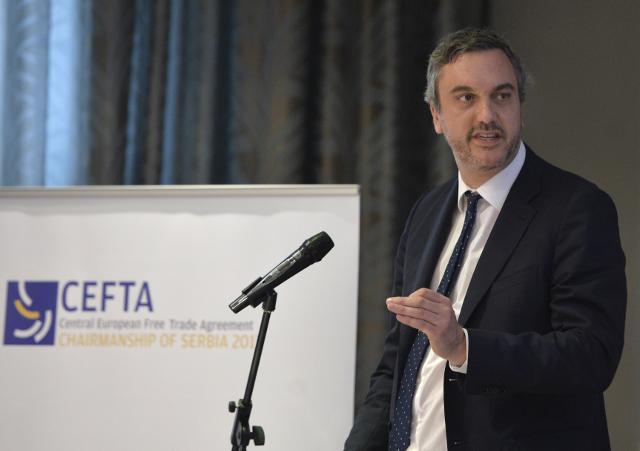
“Serbia and Albania have a lot of common interest”
“If you just see Serbia and Albania, Serbians and Albanians, and you count the people they are the largest in the region. Markets of these two people can make a synergy. Mr. Rama and Mr. Vucic recognized that political background, and I consider their joint endeavor as a very smart enterprise undertaken by politicians,” said the President of the Chamber of Commerce and Industry of Serbia, Marko Cadez.Mr. Cadez made that remark during an exclusive interview with Albanian Daily News on the sidelines of the General Assembly of the Albania-Serbia Chamber of Commerce, which was held on Saturday (November 25, 2017) in Tirana marking the first anniversary of its creation.
Serbia’s top business envoy was of the opinion that the consolidation of cooperation and connectivity of the six Balkan countries, whose population amounts to 18 million people, could provide more opportunities to attract foreign investors.
Expressing his satisfaction for the achievement of Albania-Serbia Chamber of Commerce during its one-year activity, Mr. Cadez did not fail to appreciate highly the role played by Serb Ambassador to Tirana Miroljub Zaric in this endeavor. “I have to say that it would not have been possible for me to really succeed or to take the adventure of this opportunity without the help of Ambassador Zaric,” said Mr. Cadez in the following interview:
Mr. Cadez, it is now more than one year that the Albania-Serbia Chamber of Commerce was launched in the presence of Albanian Prime Minister Edi Rama, and the then his Serbian counterpart, Aleksandar Vucic, who is now President of Serbia, in the Nis Forum by mid- October last year, which was attended by a large number of Serb and Albanian businesses. Intended to enliven the economic ties between the two countries, can you share with ADN's readers some aspects of its achievements and has it met your aspirations?
- Actually more than that. It started a year ago in Nis in a big forum with many people coming from Albania and Serbia. As a matter of fact, we had done analysis before on what we could expect from the business communities of both countries in the sense of Albanian and Serb markets, that is what we could mutually offer. According to this analysis, we chose sectors of interest where there were empty spaces and much improvement could be done. After that we realized that it was not enough just to have a forum, which would meet once in six months or something like that. We jumped to the conclusion that we needed a structure, which could provide exchange of information, real services for finding a partner, establishment of a company, opening a business in Albania or Serbia etc. So that is why we made the decision to establish the bilateral chamber as a mechanism to help businesses. I will refer to just what we have done in one-year period. Our trade relations went up 40 percent and it was made possible that the volume of exports and imports increases on the part of both sides.
Another important aspect is the establishment of joint projects and joint companies which means that we did not limit our activity only in cooperation for selling goods. I was here last year before the creation of the Chamber and I can tell you that I have come here more than 17 times. In the course of the work, we have established some joint ventures like in the field of logistics, water treatment, waste management and so on. In the meantime Albanian companies are coming to Serbia and currently there is a project in the cosmetic field between two companies which is in the final stage. We have investors who are interested to invest jointly in tourism. Together with other foreign companies, which are well-known, Serbian and Albanian companies can undertake joint projects on the Adriatic coast. So these are what I had expected to succeed in this period of time because one year is actually a short span of time. Especially what I think is that this joint effort has been successful to talk to our governments on our endeavor, how we can establish the broad market as our countries are small. In short we have to join forces in a regional market which has 18 million 'market' oriented people.
Speaking in concrete terms are you pleased with the Chamber's operational functioning, and which are some of the highlights of its activity to carry out the task for which it has been set up?
- It is one year, and I can tell you that 'Yes' I am satisfied! Of course, it has not been so easy to set up an operational mechanism, but today's reality shows that there are dozens of companies involved in the endeavor. There are opportunities, and our job is to be a facilitator in order to make easier for the businessmen to find each other and to carry out their projects.
So this is what we have to do. But the opportunities, and I repeat this, have been there, and it was not that we invented anything - we have just become facilitator how to use these resources better. I think that we have improved the work starting with few people, but now I can tell you that we have entered a new stage establishing a stronger administration working in the operational field.
I mentioned the operational aspect of the Chamber. What is the role of your Embassy in Tirana, and especially of the Ambassador, Miroljub Zaric?
- I have to say that it would not have been possible for me to really succeed or to take the adventure of this opportunity without the help of the Ambassador. His Excellency Zaric is someone who since the very beginning has been a supporter seeing always such opportunities and possibilities. He has been very well aware of the possibilities, and, on the other hand, he has been here for a long time being so much respected. The people, and especially the business community, know him. His example is special as far as I can guess from my experience. He is one of the most committed ambassadors that I have ever met in my career abroad. Talking about Serbian ambassadors I can tell you that Mr. Zaric is one of the best and not only for his job to carry out his political communication; we have found in him a person helping to find people who reached me. So I see him not only as a really good ambassador but also as a member of the team, who has really established this contact.
The Serb Minister of Economy, Goran Knezevic said in his speech in the Assembly that there is a political common ground on the development of the economic cooperation between Serbia and Albania. As an expert in economy and finance how do you see this observation?
- If you just see Serbia and Albania, Serbians and Albanians, and you count the people they are the largest in the region. Markets of these two people can make a synergy. Mr. Rama and Mr. Vucic recognized that political background and I consider their joint endeavor as a very smart enterprise undertaken by politicians. I am not a politician, but I can say that without this existing political background it would have been impossible the possibility to open the door for a better cooperation and finding each other in this undertaking to create opportunities for the cooperation between Serbia and Albania. I can say that their effort has been really of crucial importance. Let me underline that Premier Rama participated in the opening of the Tirana International Fair and he visited our stands. We have had the biggest participation with a large space for more than 40 companies presenting themselves there. Today many representatives of Albanian companies have come to the Assembly to find Serb partners who were present in the Tirana International Fair.
Is this massive presence of businessmen from Serbia evidence of another aspect, that is the materialization of people-to-people exchanges?
- As a matter of fact, I think that we are conscious of the reality that we are really too small, and consequently even our economies are too small. But we have to take into consideration the other fact- the economies of the six countries in the region taken together. We have to accept that we are too small to be relevant and to be really sustainable. Now we are talking about Albania and Serbia, but I think we should consider the cooperation at regional level, that is Kosovo, Albania, Macedonia, Bosnia, Montenegro and Serbia. All of us should create a market which is composed of 18 million people. We together should abolish all the barriers which are still there. We have to talk to each other on establishing the procedures of documentations with regard to customs procedures, veterinarian documentation, inspections etc., which are actually based and recognized as one single point and as one single paper that you need to communicate with the world market. The target is that the people might communicate without any border problems. On the other hand, we should be able to create companies which are consolidated and big enough, large enough, professionally enough to be real players being competitive at international level. It will be an achievement if we create this regional market, and that was the reason why I was in Berlin before coming to Tirana to promote the project that we are trying to carry out as Western Balkans. In this way we can explain to the investors why it is good now to invest in the region, and it is only in this way that we can become visible in their eyes. So we have to act together, and build our story, the story of one region of success, one region of opportunities. Because now there are great opportunities to invest in the Balkans as investors do not come because of Mr. Rama or Mr. Vucic; they do come because they want to do business seeing the opportunities and after joining the European Union after some years, which will be another stage, opportunities and possibilities can be better measured.
Mr. Cadez along with the Berlin Process of the Western Balkan countries, another initiative - the Chinese Initiative '16+1' for South Eastern European Countries in which both Serbia and Albania are part of, is underway. Some projects are already in the stage of being finalized in the frame of '16+1' Initiative in Serbia. Do you see any competition between these two initiatives in the region as the Chinese undertaking is being speedily materialized, for example, in Serbia among others?
- They are different processes. But, in the meantime, they are not competitive, rather they are complimentary. Certainly, the Berlin process is a process which is an undertaking to get this region into the European Union. This means that it is not only economical but is also a political process having the goal of closing the gap between the EU member states and this region. This means there are different assets, different layers included on the Berlin agenda.
The '16 + 1' Initiative has a connectivity agenda. It focuses basically on building infrastructure in order to connect the whole continent with China, to create more opportunities for the Chinese investors and companies to do more business with the European continent and I do not want to talk only about one country. So, I think, the two initiatives are complimentary. If you have two agendas in one field, for example in infrastructure, you do not see competition. Our question is if we want to close the gap in infrastructure with regard to connectivity. Sooner or later we need all and in this frame we need 'One Belt, One Road' as we need the connectivity agenda with the European Union. They might seem as different courses but there is a single destination which, for example, is infrastructure. In short, in my opinion, they are complimentary.
You said that you have come to Tirana many times. How do you feel yourself when you are here?
- Well, I really feel like at home. It is a beautiful city, where there are nice people and I come very often here. And this is part of evidence that the people-to-people communication has started. The question is to feel positive about each other and find the common interest. This interest is basis why we are carrying out the current undertaking. We have to interact, to be present, to be here and to understand not only the political environment but also the social environment in order to define and communicate with each other on the common interest. I think that Serbia and Albania have a lot of common interest, and you cannot define it only at the political level. Rather it can be defined deeper by the social and business communities, which have their common interests. It is, on the other hand, the
cultural aspect and I know that there have been some interesting activities in this field. Basically there is no other way, but you have to be present, we have to come here, you have to come to Belgrade in search of opportunities in order to make things better.
In conclusion, do you think that the media are playing their role to promote the bilateral relations between Serbia and Albania?
- I strongly think that the media can play an important role in this regard. For example, I have always tried to communicate with Serbian and Albanian media and talk about why it is important our cooperation for the broader society, for the citizens. You know media and information technology are sometimes oriented towards the aspect that 'good news is not news'. It is easier to get where there is conflict. But we have good cooperation with media in Serbia and Albania. We will try over and over to speak about this and tell journalists, reporters, editors why it is important to be part of this positive trend, rather than stay aside looking for something which is wrong or right. Our aim is to make media be part of this process and find a way of getting together in all this enterprise.













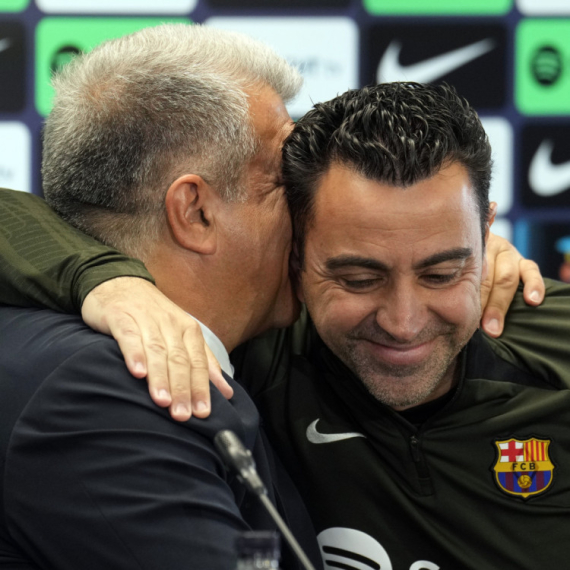
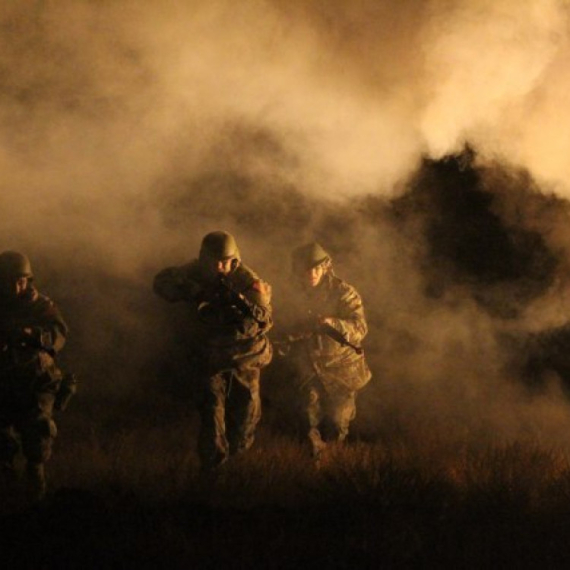
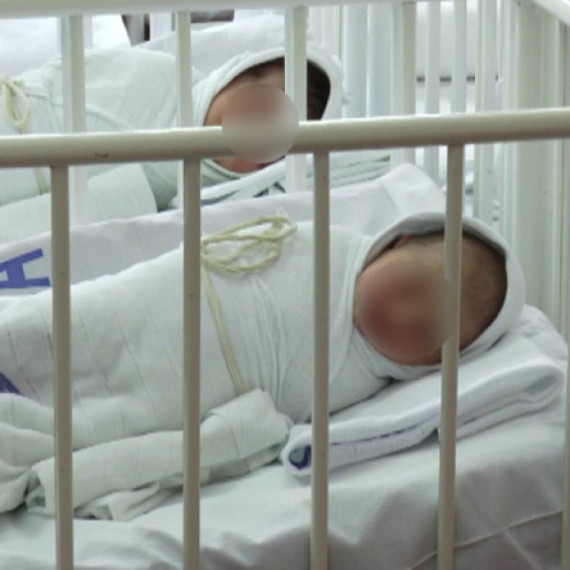

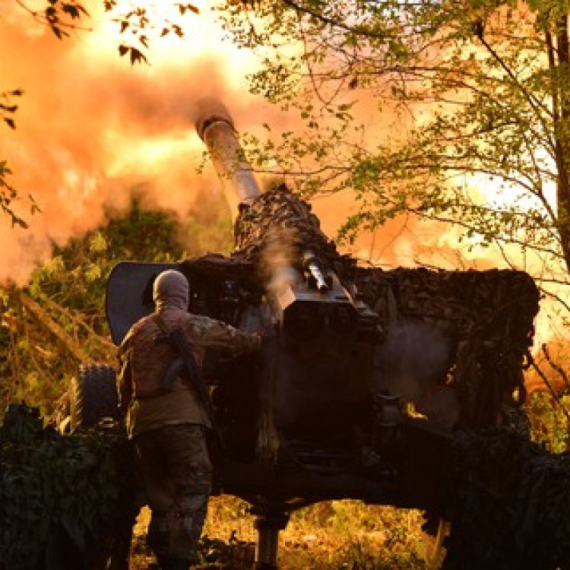




















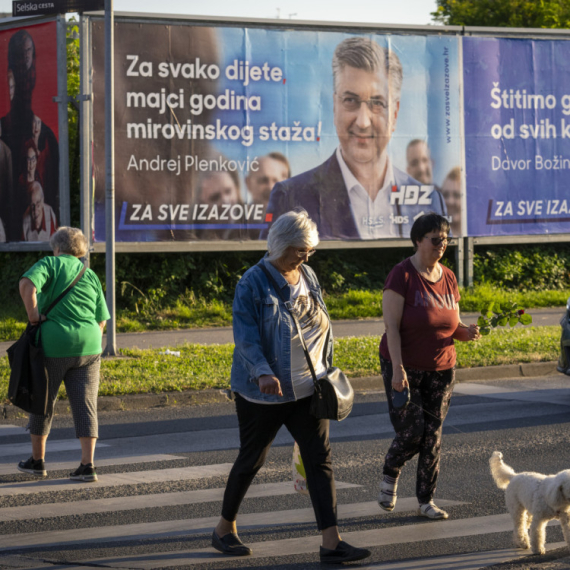
















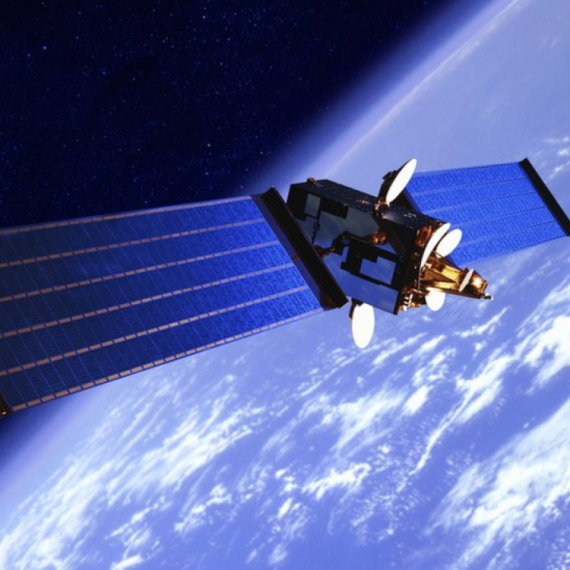
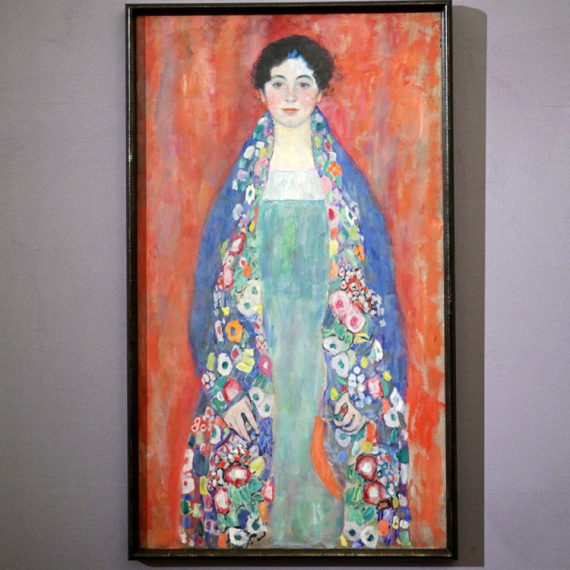

Komentari 2
Pogledaj komentare